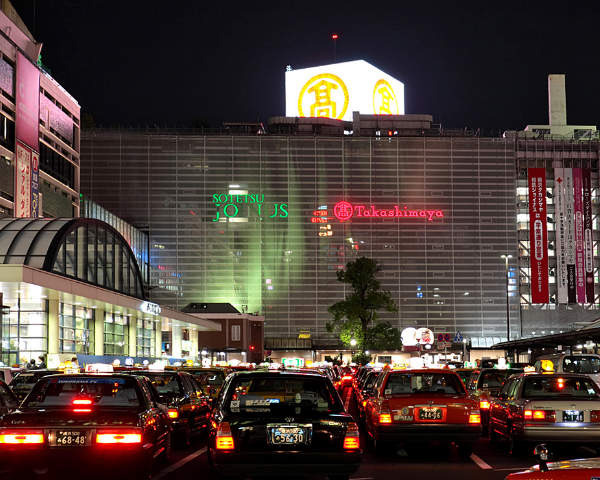Japanese Hotels Caught In Food-Labeling Scandal
Several prestigious hotels and restaurants around Japan have been caught mislabeling ingredients on food labels and menus recently, often to pass off less expensive ingredients as premium ones. Customers have been responding with outrage over having been cheated, and many are calling for government investigation.
The menu-labeling scandal was particularly involved with Japan's department stores. The famously high-end Takashimaya Co. stores were implicated along with Daimaru Matsuzakaya department stores, and most recently Isetan Mitsukoshi Holdings came out and admitted that some of the restaurants in its stores had served mislabeled food, which means all of Japan's major department stores were involved.
"I get the feeling that the whole industry supplying food products and ingredients is contaminated," said Hisa Anan, chief of the Consumer Affairs Agency.
Takashimaya admitted its stores had been mislabeling some items for nearly a decade. The most common error was listing Japanese tiger prawns on menus and prepared food items that actually included cheaper black tiger shrimp, which are a third to half as expensive. A restaurant at the Takashimaya in Yokohama admitted to selling a "Wagyu" beef hamburger that was actually half pork for several years.
According to Mainichi Shimbun, the Consumer Affairs Agency yesterday called a meeting of the Japan Hotel Association, Japan Ryokan & Hotel Association, and the Japan City Hotel Association and asked them to conduct an internal audit and file reports about what would be done to prevent future food mislabeling.
The scandal has resulted in some people calling for increased oversight of food labeling practices. One suggestion has been to revise the Japan Agriculture Standards Law, which covers nutritional labeling of processed foods and best-by dates, so that it would also apply to hotels and restaurants. The Consumer Affairs Agency indicated that such a measure is not off the table if the situation does not quickly improve.
